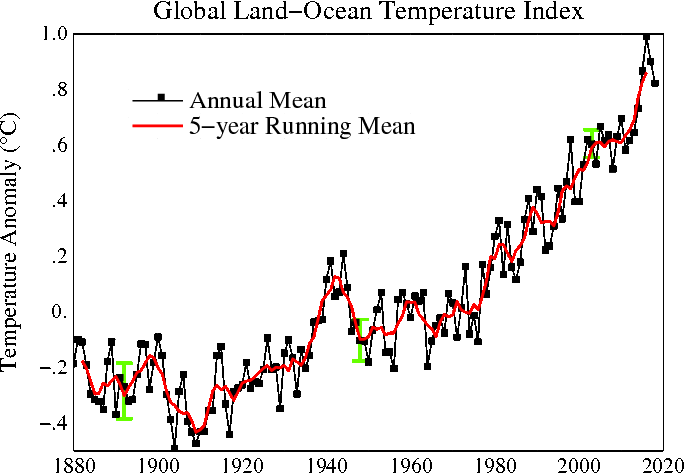Wyatt earp
Diamond Member
- Apr 21, 2012
- 69,975
- 16,396
- 2,180
Dumb fuck rightards are invincibly ignorant, except they've worked out that the whole rest of the world has invented this scam to rip them off. They're pretty clever after all, eh? And to think I was going to make a fortune off them. So much for the grant money.
No world wide scam stupid fuck, just egotistical drama queen scientist.
You are the stupid fuck who buys into it hook line and sinker no matter what common sense tells you.
.




